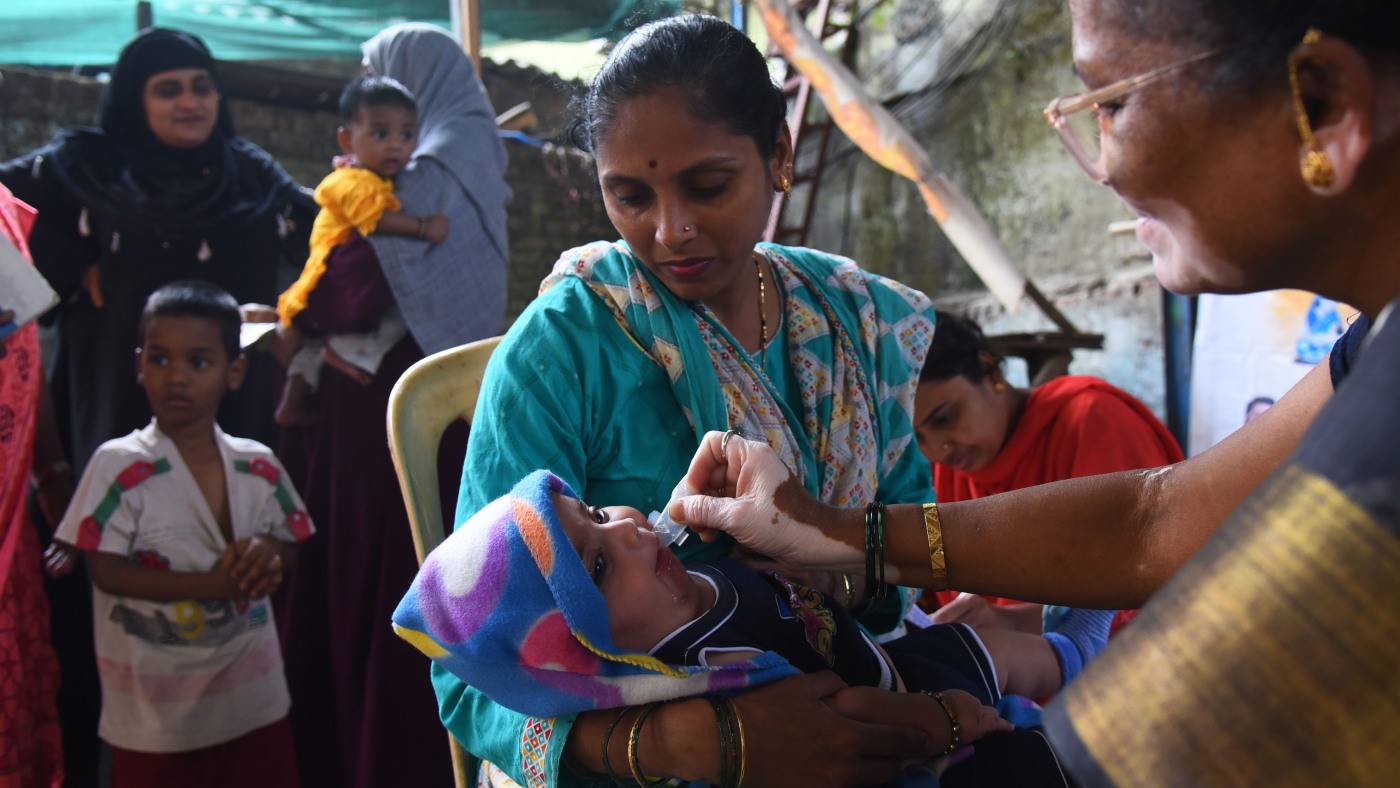Global Health Shock: Trump Slashes Billions from Vaccine Alliance Lifeline

Gavi, the global vaccine alliance renowned for supporting vaccine procurement and distribution in developing countries, has been unexpectedly caught in a sweeping review that has identified thousands of programs as potentially misaligned with current national interests and policy priorities. The organization, which has been a critical lifeline for immunization efforts worldwide, now faces uncertainty about its continued funding and operational status.
This unexpected assessment highlights the complex challenges facing international health initiatives, as governments and agencies increasingly scrutinize global health programs for strategic alignment and effectiveness. Gavi's inclusion in this broad evaluation raises significant questions about the future of vaccine access and distribution in vulnerable regions around the world.
The review underscores the dynamic and often unpredictable nature of international health funding, where programs must continually demonstrate their relevance and impact to maintain support from key stakeholders and funding bodies.
